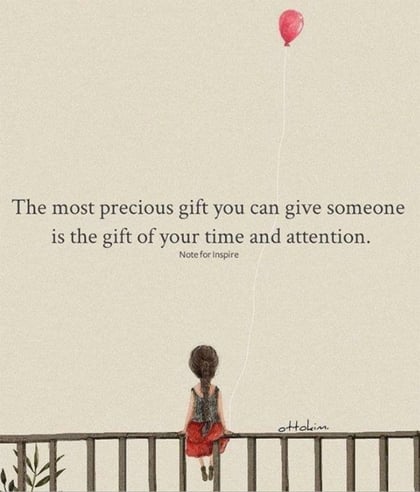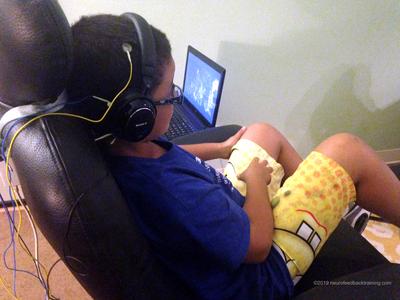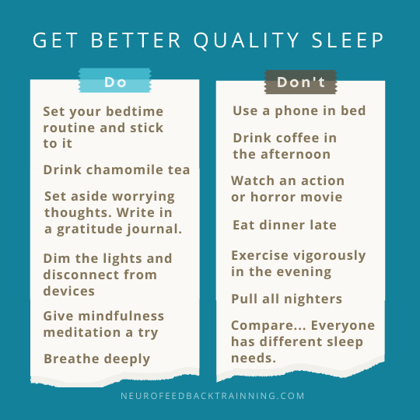the best brain training for kids options
It's a competitive world out there and many parents are looking for ways to improve their childrens' school and athletic performance. "Brain training" is the latest fad, and one that has merit if the tools actually train the brain. What helps a brain perform at its best?
Too often parents are looking to add tools but sometimes it's not a matter of adding but removing what interfere with performance so let's start there.
What's bad for brain training?
 Stress.
Stress.
This includes worry, anxiety, catastrophic thinking, sadness/hopelessness, sleep problems, rigidty of behaviors--all of these are tell-tale signs that a child's brain is problem-solving with the stress response. The brain is using primate-brain tactics--fight, flight, freeze--rather than higher brain functioning, such as delayed gratification and emotional regulation, to solve life's challenges. (For more read Boulder Neurofeedback trainer, Joy Om's, comments on the stress response).
Stress-response in parents.
If mom or dad operate in the above mode, that too, can signal to the child's brain that they need to be in stress response mode. Children's nervous systems align themselves with their parents' like all pack animals! Read our article on why we recommend families training together; 5 Ways To Boost The Effectiveness of Neurofeedback Training For a Family
Lack of proper nutrition.
Nutrition expert Dr. Mark Hyman: "Four out of ten kids are now overweight and one in seven kids has Attention Deficit Disorder (ADD), often caused by a high-sugar, nutrient-poor diet." You will help the brain perform much better by cutting out 50% of your family's sugar intake, and that includes white foods--breads, rice, pasta. Read more in our blog on what foods to eat and to avoid for your brain health.
Related Article:
How to Help Kids with Focus Issues - Great brain training practices

Neurofeedback training with the NeurOptimal system is a non-invasive brain training that can enhance learning capabilities. Unlike devices that add micro-currents to your head, or ones that say they are "brain training" but really are games, neurofeedback is actually teaching your brain learn more effectively. Here's a video of a study of neurofeedback for children where their parents talk about the changes in how their kids process information. Kids respond well to neurofeedback and the results often last far beyond the training period.
Here's a review from a mother who decided to try neurofeedback for her two children. She noticed subtle but important changes in both her kids: "I noticed my daughter became more relaxed and balanced and my son was more energetic and verbally expressive." The mother also decided to train her brain and found herself to be more relaxed and able to handle challenges better. Read more reviews from our clients and watch this short video below.
Related:
 Sleep.
Sleep.
Children need 10-13 hours of sleep per night, on the higher end when they are toddlers. Studies now show that during sleep the brain rids itself of the day's metabolic toxins, which is essential for brain health. Teens need 8-10 hours a night but one study found that only 15% reported sleeping 8 1/2 hours on school nights. Can't sleep? Get our tips on how to improve your sleep habits naturally
Eating brain foods.
Did you know that 60 percent of your brain is made up of DHA – an omega-3 fat that you get from algae and fish? Salmon, eggs rich in omega-3s, probiotics, and seaweed snacks are great for the brain! What foods are good and bad for your brain?
Exercise.
It increases oxygen flow to the brain, and the healthy production of neurotransmitters essential for cognitive and emotional well-being. Research has shown that exercise is linked with higher grades and over a lifetime, increases fitness of the brain areas essential for memory and cognitive functioning. Read top articles on how to improve brain health.
Learn an Instrument.
Studies show that people who learned an instrument as a child, even if they only played for a few years and stopped, had better hearing, better auditory working memory (understand words) and overall cognitive functioning in their elderly years. Read a review by a musician on how neurofeedback training with NeurOptimal helped him improve his musical capabilities.